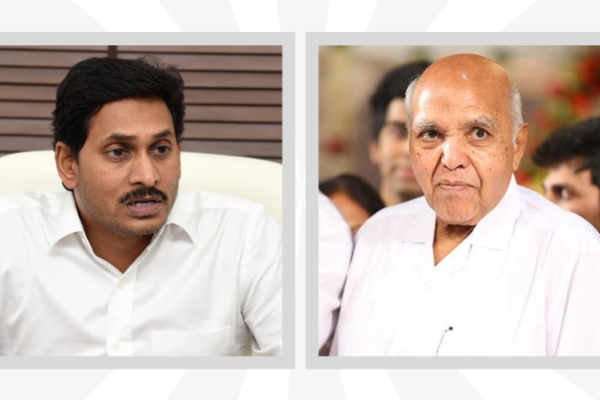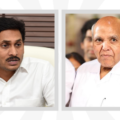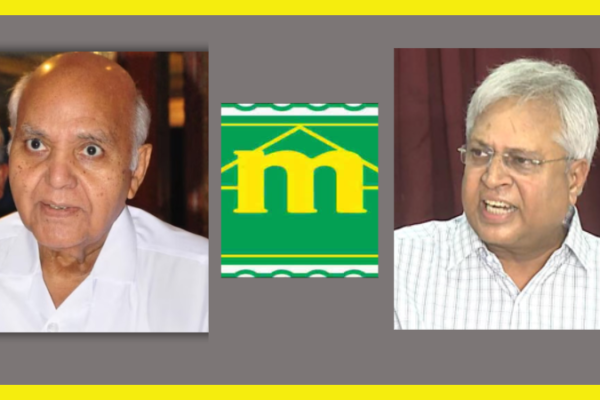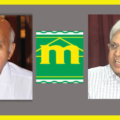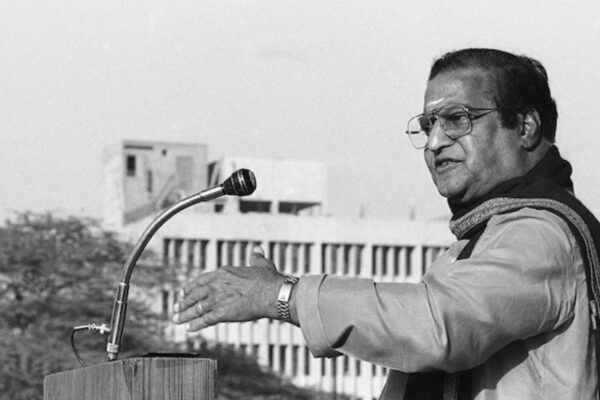 The Spanish painter Francisco de Goya produced a series of etchings in 1797, the most famous of which he titled: El sueño de la razón produce monstruos (The Sleep of Reason brings forth Monsters).
The Spanish painter Francisco de Goya produced a series of etchings in 1797, the most famous of which he titled: El sueño de la razón produce monstruos (The Sleep of Reason brings forth Monsters).
In this masterpiece of thought and technique, a writer is asleep at his desk, his head resting in his arms, while behind him are owls, bats, and a gathering storm of other creatures of the night, all menacingly swooping down on him, while a perplexed cat looks on. But, soon after this daring caution, Goya panicked and withdrew his etching, for fear of the Inquisition whose shadow hovered on Spanish society at that time.
Goya captured the mood of his age, and as Europe and America woke up to reason and science, these two continents moved on from those dark times.
Because of humanity’s uneven moulting, however, the story is different elsewhere, and reasons continued and perilous repose in Africa and Asia is a cause for grave concern. These two continents make up for two thirds of the world’s population, but are heavily weighed down by a magical conception of the world, and by dangerous superstitions.
A superstition is simply a wrong belief about something — like believing that seeing a widow could bring bad luck.
 Untested, and unchallenged, such beliefs can have real and serious consequences; for thousands of years, in India, widows were forced to remain out of sight, and were banished to a miserable life of isolation.
Untested, and unchallenged, such beliefs can have real and serious consequences; for thousands of years, in India, widows were forced to remain out of sight, and were banished to a miserable life of isolation.
Sporting ‘lucky’ shirts, writing exams with a ‘lucky’ pen etc may give a psychological boost, but the fetish can soon cross limits and transform into an obsession with lucky days, lucky dates and lucky numbers.
Changing spellings of one’s name to ensure success, performing rituals for good luck, wearing coloured gem stones for success in business etc could soon become a substitute for real work.
When large groups of people perform rituals to ‘promote world peace’, it is a warning that the people’s faith in themselves and in their ability to change their lives is declining; disastrously, it is also an abdication of personal responsibility for one’s future.
In the 54 countries of Africa and in the 52 countries of Asia, it is time to wake up, and to wake reason up!
Superstition rarely confines itself to the personal sphere and is bound to impact public policy, thereby weakening the very foundations of democracy.
In the current presidential campaign in America, candidates are talking about evolution and climate change as if these were matters of belief and not facts. That is a real danger because a democracy needs reason, not ritual; informed debate, not dogma.
Where superstitions are associated with prejudice, the results are horrific: In Africa homosexuals are killed as a danger to society, albinos are hunted for body parts used in witchcraft, women are killed on suspicion of sorcery; in Asia, women are denied their most basic rights, children are sacrificed to uncover hidden treasures, and lives are ruined because of assumptions about rebirth.
Superstition is also the basis of one of the most pernicious systems of social division and discrimination in human history — the caste system — which, with its graded system of inequality and its 250 million untouchable victims in 13 countries, poses the greatest danger ever to human solidarity.
Robert Ingersoll was right when he said that superstition is the child of ignorance and the mother of misery.
Blind beliefs demean and dehumanise entire societies, and prevent us from exercising our true human and moral potential.
We know from history and human experience that reason is the antidote to the misery of superstition, and that it can also vanquish bigotry, dogma and prejudice. It also makes us reasonable and hence more peaceful.
The way to proceed on this path was spelt out in 1787 by the American statesman Jefferson, a contemporary of Goya: Fix reason firmly in her seat, and call to her tribunal every fact, every opinion.
This is not happening in today’s India. Even in this century of space flights and satellite communications, many, including several practising scientists, hold a schizophrenic allegiance to geocentric astrology and flat earth geomancy.
Social progress means that people should align their beliefs and behaviour to new knowledge and understanding of nature and society. By this measure, we are experiencing a serious regress. It is not enough that India’s Constitution enjoins all citizens in its Article 51 (a) (h) to promote the scientific temper as a Fundamental Duty.
Public officials who swear to uphold the Constitution are routinely in breach of this exhortation, space scientists perform religious rituals before launching satellites — is it science or Sanskrit that keeps a satellite in orbit?
Blind belief has so dulled our sense of reasoning that we no longer apply common sense in the conduct of our daily lives. We are becoming a laughing stock of the world.
A spirited and passionate defence of reason and the scientific method is therefore needed today in our public life.
Is it not time to stop our daily national humiliation of delusion and unpunished deception of the ignorant and the innocent? Is it not time to prove ourselves as deserving of the fruits of modern knowledge?
Is it not time to free ourselves from the tyranny of ignorance?
Teacher, Politician, Scientist, Engineer, Farmer, Student, Parent, Housewife, Citizen! Listen to MN Roy’s poetic wisdom when he called Reason the rhythm of the cosmos! Heed the admonition of the Roman emperor Marcus Aurelius who asked in Meditations, in AD 180: Hast thou reason? Why then dost not thou use it?
(Babu Gogineni is an international humanist and human rights activist)



